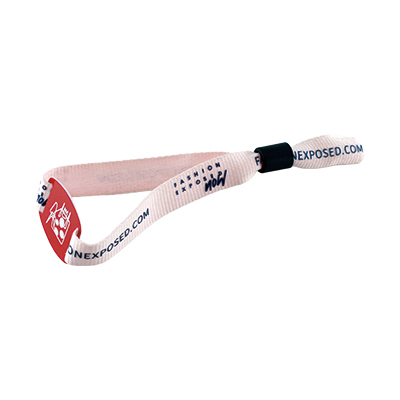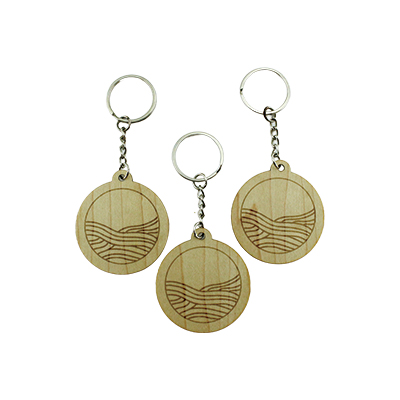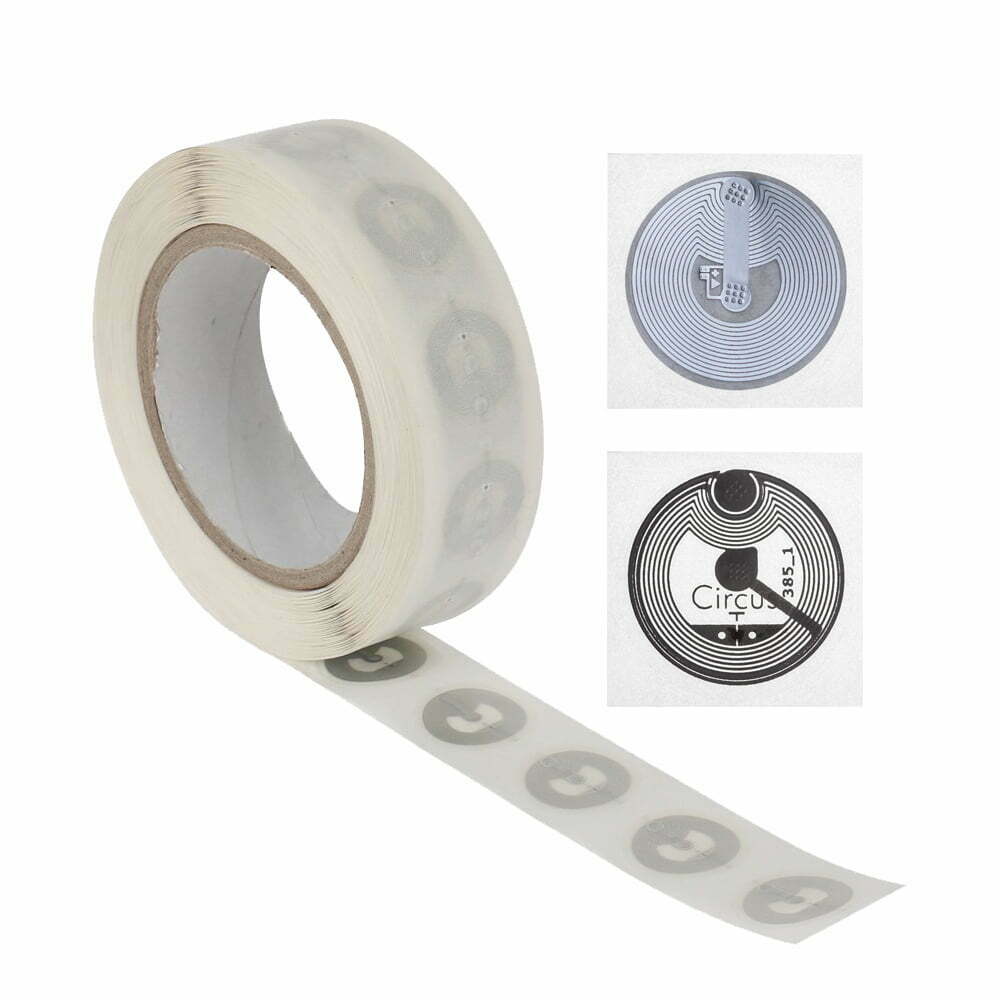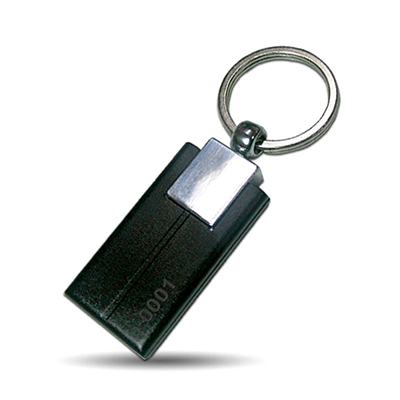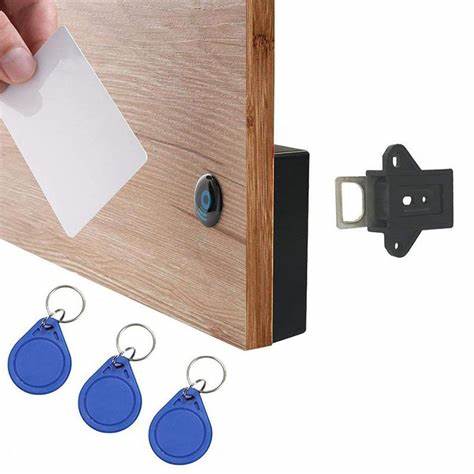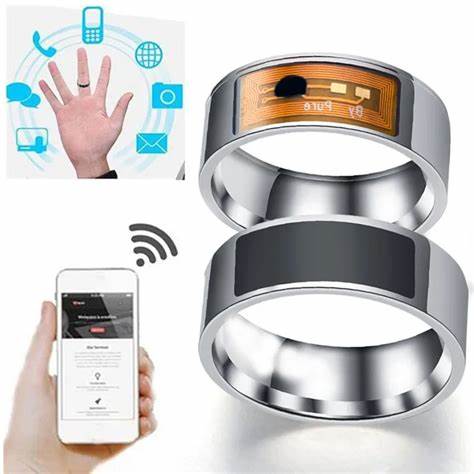The traditional equipment management approach is inefficient and costly. With features such as durability and interference resistance, RFID flexible tags are becoming a new choice for industrial asset management.
Core Characteristics and Advantages of RFID Flexible Anti-Deformation Tags
RFID flexible anti-deformation tags differ from traditional RFID tags. They utilize special materials and packaging techniques, giving them the following core advantages:
- High flexibility: Capable of adhering to curved and irregular surfaces, suitable for various device shapes.
- Resistant to harsh environments: Waterproof, oil-resistant, and resistant to chemical corrosion, suitable for industrial and outdoor environments with extreme conditions.
- Long lifespan: Resistant to high temperatures and ultraviolet rays, with a much longer service life than ordinary tags, reducing the frequency of replacements.
- Long-range identification: Supports UHF RFID technology, enabling rapid and batch reading within a few meters.
Key Application Scenarios of RFID Flexible Anti-Deformation Labels in Equipment Management
Asset Tracking and Management of Industrial Equipment
In industrial settings, the management of production equipment, tools, and components directly affects operational efficiency. RFID flexible anti-deformation labels can be attached to the surfaces of various equipment, and through RFID readers, real-time monitoring of equipment locations, usage status, and maintenance records can be conducted, reducing manual inventory time and improving management accuracy.
Optimization of Warehousing and Logistics Equipment
Logistics equipment such as forklifts, pallets, and shelves is highly mobile, and traditional management methods are inefficient. RFID flexible anti-deformation labels can withstand frequent friction and impacts, ensuring long-term stable operation, and combined with the RFID system, achieve automated inbound and outbound management, reducing error rates.
Intelligent Management of Medical Equipment
High-value medical equipment in hospitals (such as MRI and CT machines) requires strict management. RFID flexible anti-deformation labels are resistant to disinfectant corrosion and can be embedded in the surface of equipment, real-time recording of usage, maintenance cycles, and responsible persons, improving equipment utilization and reducing loss risks.
Monitoring of Power and Energy Equipment
In outdoor scenarios such as substations and wind power, equipment is exposed to extreme environments for a long time. RFID flexible anti-deformation labels’ weather resistance enables stable operation under high temperatures, low temperatures, and humidity, assisting remote monitoring and preventive maintenance.
How does RFID flexible anti-interference tags enhance equipment management efficiency?
- Reducing manual intervention: Automated data collection reduces errors in manual recording.
- Real-time data update: Equipment status and location information can be synchronized to the management system in real time.
- Extending tag lifespan: Reducing replacement frequency and lowering long-term maintenance costs.
- Compatible with existing systems: Can be seamlessly integrated with ERP, MES and other management software.
How to Select the Appropriate RFID Flexible Anti-Adhesion Labels? Key Factors Analysis
When enterprises choose RFID flexible anti-adhesion labels, they need to consider the following key factors in combination with specific application scenarios:
Environmental Adaptability
- Outdoor or high-temperature environment: Select labels that are resistant to ultraviolet rays and high temperatures.
- Humid or chemical environment: Need to have IP67/IP68 waterproof and dustproof grades, and be resistant to acid and alkali corrosion.
Surface Material of Attachment
- Metal equipment: Need to use anti-metal labels to avoid signal interference.
- Curved or flexible surfaces:Select ultra-thin flexible labels to ensure adhesion.
Reading and Writing Distance Requirements
- Short distance: HF labels are suitable for security access control or tool management.
- Long distance: UHF labels are suitable for warehousing or large equipment tracking.
Data Capacity and Security
- Need to store a large amount of data (such as maintenance records): Select labels with large memory (such as NFC labels).
- High-security scenarios (such as medical equipment): RFID chips with encryption functions are more reliable.
Cost and Lifespan Balance
- Short-term projects: Standard durable labels can be selected.
- Long-term deployment: It is recommended to invest in high durability labels to reduce replacement costs.
Contact us to customize RFID flexible adhesive label solutions.




